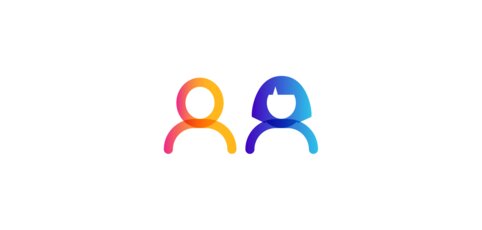Jae’s story
#NowIKnow Jae's story...
I worked in Tech in the Silicon Valley in America and in Sweden (before moving to London in 2012) in male-dominated environments with autistic men. I was aware of autism in men, but I did not realise that I was autistic myself. In 2014 while living in the UK, I met a psychologist at a conference. He recognised that I had many female autistic traits. I researched female autism, and the way women present autistic traits were exactly how I had been behaving. At that time, awareness of autism in females was sadly lacking since most research was concentrated on boys and men. However, I did not get diagnosed until January 2021 when I was in my late 50s, after learning how to navigate the NHS mental health system.

"I want to share my story because my experience as a professional woman with a late life diagnosis could be beneficial in helping other women who may be too embarrassed or ashamed to know that they can benefit from getting diagnosed."
I want to share my story because my experience as a professional woman with a late life diagnosis could be beneficial in helping other women who may be too embarrassed or ashamed to know that they can benefit from getting diagnosed. I can also help women and young girls to recognise that many of our autistic traits are also our greatest strengths. Self-awareness is key to learning how to maximise our strengths and to mitigate shortcomings. I would like to help spread awareness of what it is like being an autistic woman and to empower autistic women and girls in living our best lives.
I have always felt different from other people (not just women) in that I have an excellent memory and retention of facts and figures with an avid interest and knowledge in a wide variety of diverse subjects. In social gatherings, I was considered “intense”, quirky and perhaps even a bit weird at times for over talking about my special interests. If challenged, I’d proudly declare that I am not weird, just gifted!! I do well in talking with one other person but not in groups with over six people, I would have problems keeping track of other people’s input during a conversation. Hence, I disliked working in big teams in corporate environments, preferring to work alone and or in small teams. Leaving the corporate rat race was the best thing I have ever done, and I have been self-employed for more than 20 years. Noisy places with loud music and lots of people all talking at the same time, bright lights and strong smells easily make me disoriented and exhausted. I did not realise that these were autistic traits. I now understand how and why I can be triggered so I know now how to avoid being in these uncomfortable situations.
"I do not seek approval but acceptance for who I am and no longer berate and beat myself up for being different. I have been so much happier in accepting my true self, quirks, and habits."
After my diagnosis, I have become more aware of how I present myself to others. I also learned how to explain why I behave the way I do to others so that they can understand me for whom I am and hopefully will not mis-interpret my motives due to my behaviour. I do not seek approval but acceptance for who I am and no longer berate and beat myself up for being different. I have been so much happier in accepting my true self, quirks, and habits.
We need to educate other people about autism in women, and lift the veil of shame and self-blame so that the world at large can truly understand and accept us for who we truly are!
Share your story on social media using #NowIKnow

